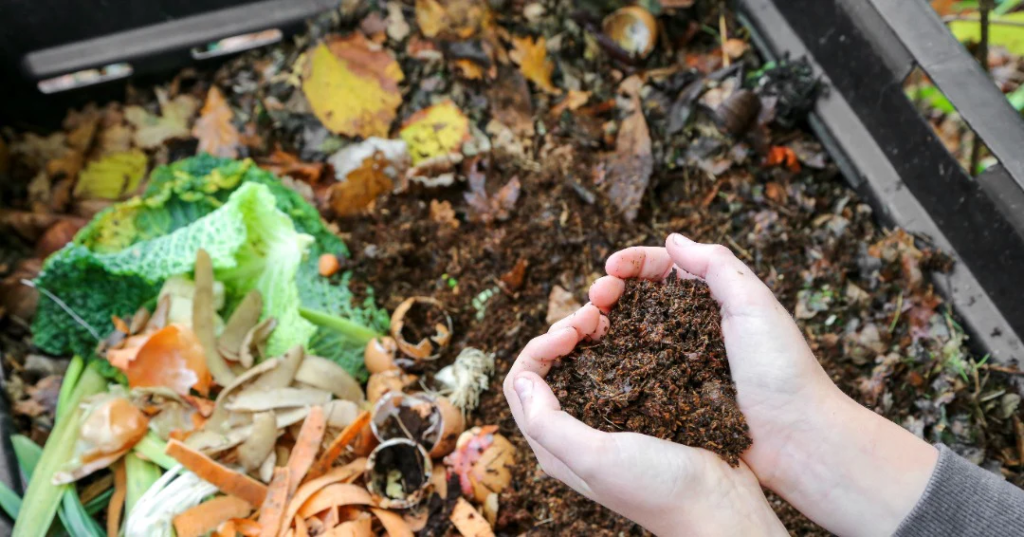Today, we’re diving into the fascinating world of composting. Let’s explore how composting works and why it’s an amazing way to reduce waste and help our planet thrive.
What is Composting?
Composting is a natural process where organic matter breaks down in the presence of oxygen, transforming into a nutrient-rich fertilizer. In composting, tiny organisms work together to break down food scraps and yard waste, converting them into nitrates, sulfur, and sulfates. This results in a fantastic soil conditioner that can make gardens flourish. Plus, aerobic composting (composting with oxygen) produces minimal CO2, making it a much cleaner alternative to landfills, which generate methane, a potent greenhouse gas.
Why Compost?
Composting isn’t just about managing waste; it’s about giving back to the Earth. Here are some great reasons to start composting:
Reduce Waste: Composting significantly cuts down the amount of garbage ending up in landfills, thereby reducing methane emissions.
Create Fertilizer: The final product of composting is a rich, organic fertilizer that enhances soil health and boosts plant growth.
Lower Your Carbon Footprint: By composting, you help decrease the overall carbon footprint associated with waste disposal.
Home Composting vs. Industrial Composting
Not all composting methods are the same. Let’s break down the two main types: home composting and industrial composting.
Home Composting
Home composting is a wonderful way to manage waste and create your own fertilizer. All you need is a compost bin, some organic waste, and a bit of patience. Over a few months, your compost bin will transform kitchen scraps and yard waste into rich, dark compost. However, keep in mind that home composting bins typically don’t get hot enough to break down many bioplastic products labeled as compostable. Stick to composting food scraps, leaves, and other natural materials for best results.

Industrial Composting
Industrial composting is a more advanced method that optimizes conditions by controlling temperature, oxygen levels, and inputs of water and air. This process quickly breaks down organic material and produces a toxin-free compost. For example, PLA (polylactic acid), a type of bioplastic, requires specific conditions found only in industrial composting facilities to biodegrade properly. It’s crucial to dispose of such materials correctly to prevent pollution.

Conclusion
Composting is a simple yet powerful way to make a positive impact on the environment. Whether you choose to compost at home or take advantage of industrial composting facilities, you’re helping to reduce waste, lower greenhouse gas emissions, and create a healthier planet.
So why not give composting a try? Start small with a home compost bin or look into local composting programs. Every little bit helps, and together, we can make a big difference.
Happy composting!